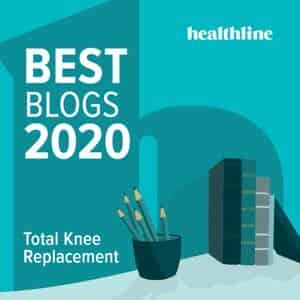I had my surgery on 4/3/24. My knee is so sensitive that even a cover on it at night is so irritating that I do not sleep. I am taking about 5 gabapentin a day for the nerve pain. In addition, I thought the vice grip around the top of my knee would be dissipating by now and it is the same. I elevate and ice unless I am at work.
Exercise is PT and riding the bike at the gym with low tension or the eliptical at home with low tension.
Both are so restrictive and I am getting virtually no sleep. Suggestions??? Is it normal???? How long does it last???
Exercise is PT and riding the bike at the gym with low tension or the eliptical at home with low tension.
Both are so restrictive and I am getting virtually no sleep. Suggestions??? Is it normal???? How long does it last???



 United States
United States


